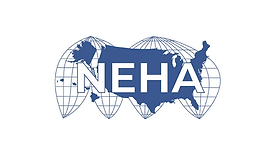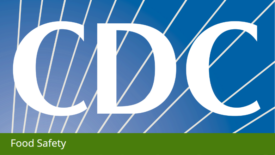Training
Sanitation Prerequisite Programs as a Necessary Component of FSMS for Foodservice Establishments
It is imperative that a paradigm shift happens now in how risk is managed in foodservice establishments
October 11, 2022
Focusing Ahead—Processors' Priorities for the Near Term
Food processors are now focusing on projects and priorities put on hold during the pandemic, including maintaining or adding to food safety certifications
August 15, 2022
BIZTRACKS
Intertek Alchemy Releases Findings from 7th Global Food Safety Training Survey
August 5, 2022
Never miss the latest news and trends driving the food safety industry
eNewsletter | Website | eMagazine
JOIN TODAY!Copyright ©2024. All Rights Reserved BNP Media.
Design, CMS, Hosting & Web Development :: ePublishing









